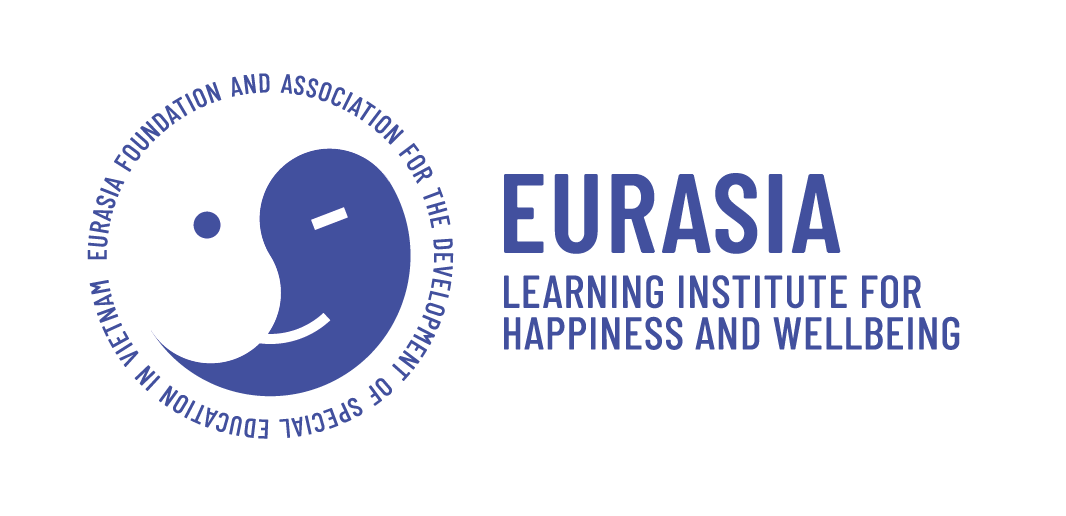Training in Special Education and Social Therapy
BRIEF HISTORY - EURASIA’S WORK IN THE FIELD OF SPECIAL ED AND SOCIAL THERAPY
The first learning and development activity of Eurasia in Vietnam has been organizing a training on Autism for about 80 people in Ho Chi Minh City in 1999.
Ever since, training special educators, teachers and social therapists has been one of the core activities of Eurasia who created the Eurasia Learning Institute for Happiness and Wellbeing (ELI) as our Learning and Development Department. This has been done within the Eurasia network, and with external partners such as Hue University.
The Community of the Peaceful Bamboo Family is at the heart of Eurasia’s work in Vietnam, and it is the place where all the educational and development visions, frameworks and concepts are implemented in a practical way, to test the theory in the reality of everyday practice.
OUR APPROACH
Our fundamental approach can be described as Active and Participatory Inclusion, this means that the people living with disabilities and/or special needs are not simply the recipient of our various endeavors but are co-creators and co-actors of all the projects.
To be able to facilitate such projects, we need well trained professionals who are engaged in a process of life-long-learning.
This process can be seen as a reflective learning loop that integrates:
In-depth understanding of the field of special education and social therapy: Right Knowledge
Expressed as compassionate and caring attitude in everyday interactions: Right Relationships
Leading to appropriate and curative decisions and activities in all fields of life: Right Action
Practically, this means that all the members of the community have ongoing learning and development opportunities in the form of training programs (both with external experts and internal senior educators), hands-on practical activities, artistic practices, reflective sharing, peer-learning, regular Mindfulness Days, and monthly days of practice.
The Peaceful Bamboo family is a Learning Centre where both theoretical knowledge and practical learning can be trained both for our own staff and residents, as well as for external student. It is also the host of many of the ELI workshops for educators, businesspeople, and other audiences, who thus have the opportunity not only to receive theoretical knowledge but also experience first-hand a community that embodies the various values, frameworks and practices taught in the courses. Finally, the physical setting itself: buildings, esthetic environment, bio-dynamic garden, landscaping, represent a significant part of the learning experience.



